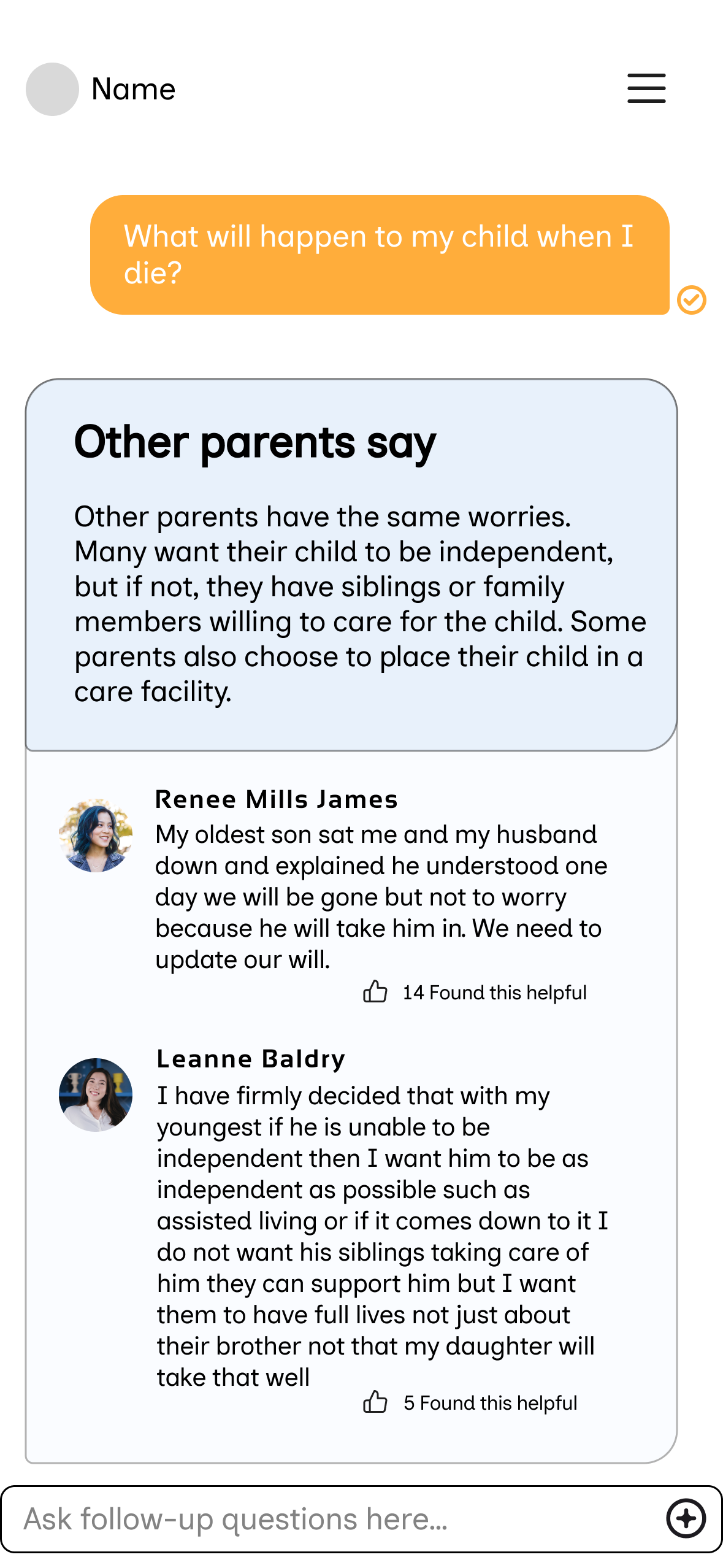Case Study: Designing with Care — Spirituality, Gender, and Generative AI in Autism Parenting
Role: Researcher & Designer
Methods: Mixed-methods (27 surveys, 10 interviews, thematic analysis)
Timeline: 2025 (Spring semester)
Tools: Zoom, Affinity Diagramming, Thematic Coding
Research Goal
To understand how parents of children with Autism Spectrum Disorder (ASD) navigate diagnosis and caregiving, with a focus on spirituality, gendered labor, and technological support, and to explore opportunities for Generative AI–based tools.
Methodology
Survey (N=27): Collected quantitative + open responses on diagnosis timing, coping strategies, and tech use.
Interviews (N=10): Semi-structured, 60–90 min, across US, India, Bangladesh. Explored parenting philosophies, spiritual practices, tech gaps.
Analysis: Descriptive statistics in R + thematic coding + affinity mapping.
Design Implications
We proposed three AI-based design vignettes:
Conversational Support System → Chatbot that organizes peer advice & aligns with spiritual/cultural context.
Storytelling Platform → Lets caregivers share and anonymize their journeys for advocacy + healing.
Personalized Storybook Generator → Creates neurodivergent-affirming stories tailored to children’s interests and family beliefs.
Research Questions
How do parents of children with ASD experience the diagnostic journey?
What role does spirituality play in shaping caregiving practices and resilience?
How might generative AI support parents through more inclusive, empathetic design?
Key Findings
Systemic Delays & Fatigue: Many families faced 2+ year gaps between first concerns and diagnosis. Mothers carried most of the emotional/informational burden.
Spiritual Coping: Parents used chanting, prayer, and storytelling for resilience. Spirituality shaped decisions about education and treatment.
Gendered Labor: Over 70% of mothers initiated diagnosis, highlighting caregiving as invisible labor.
Design Opportunities: Caregivers want emotional scaffolding, not just logistical support.


